Timely evidence for policymaking has been a consistent objective for UN organizations and member states. The classical data sources needed for official statistics have been expensive, time consuming, leading to delayed outcomes, and in certain cases impossible to access (e.g. images, videos). Today’s connected world offers alternatives and supplementary non-traditional data sources enabled by Information and Communication Technology (Geographic Information System, call data records, social media, open data, others).
In this context, this pilot project aims to explore the potential of non-traditional data sources to produce information on a range of indicators – including sociodemographic characteristics – useful for policy creation, design and planning for Syrian Refugees and Host Communities in Lebanon. More specifically, the study analyses the predictive capacity of non-traditional data sources, obtained through secure and privacy preserving processes, to provide insights on the development challenges faced by refugees and their host communities.

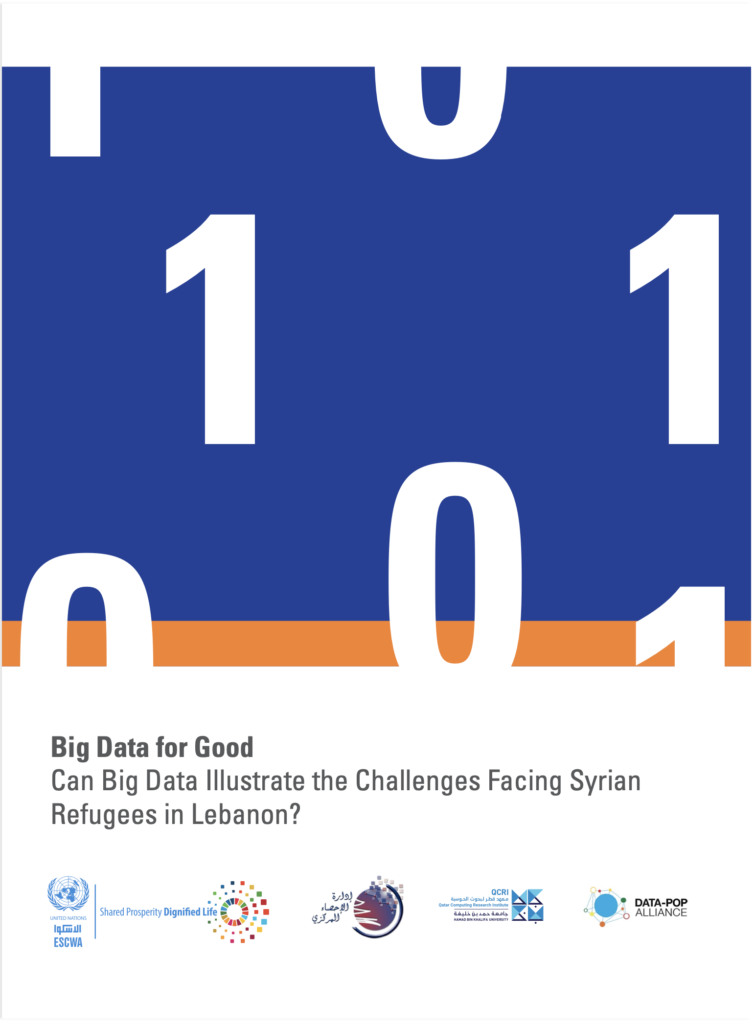
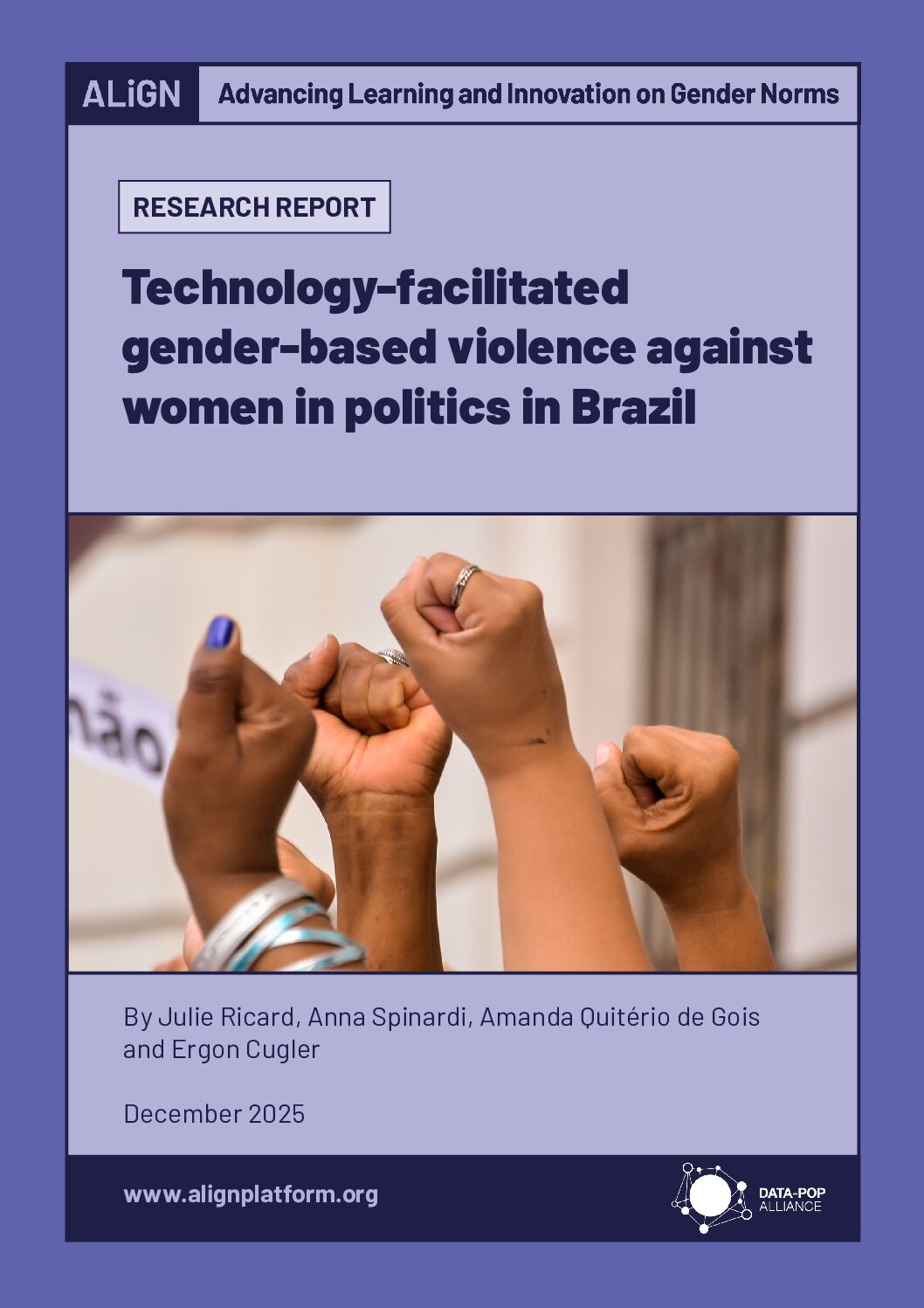
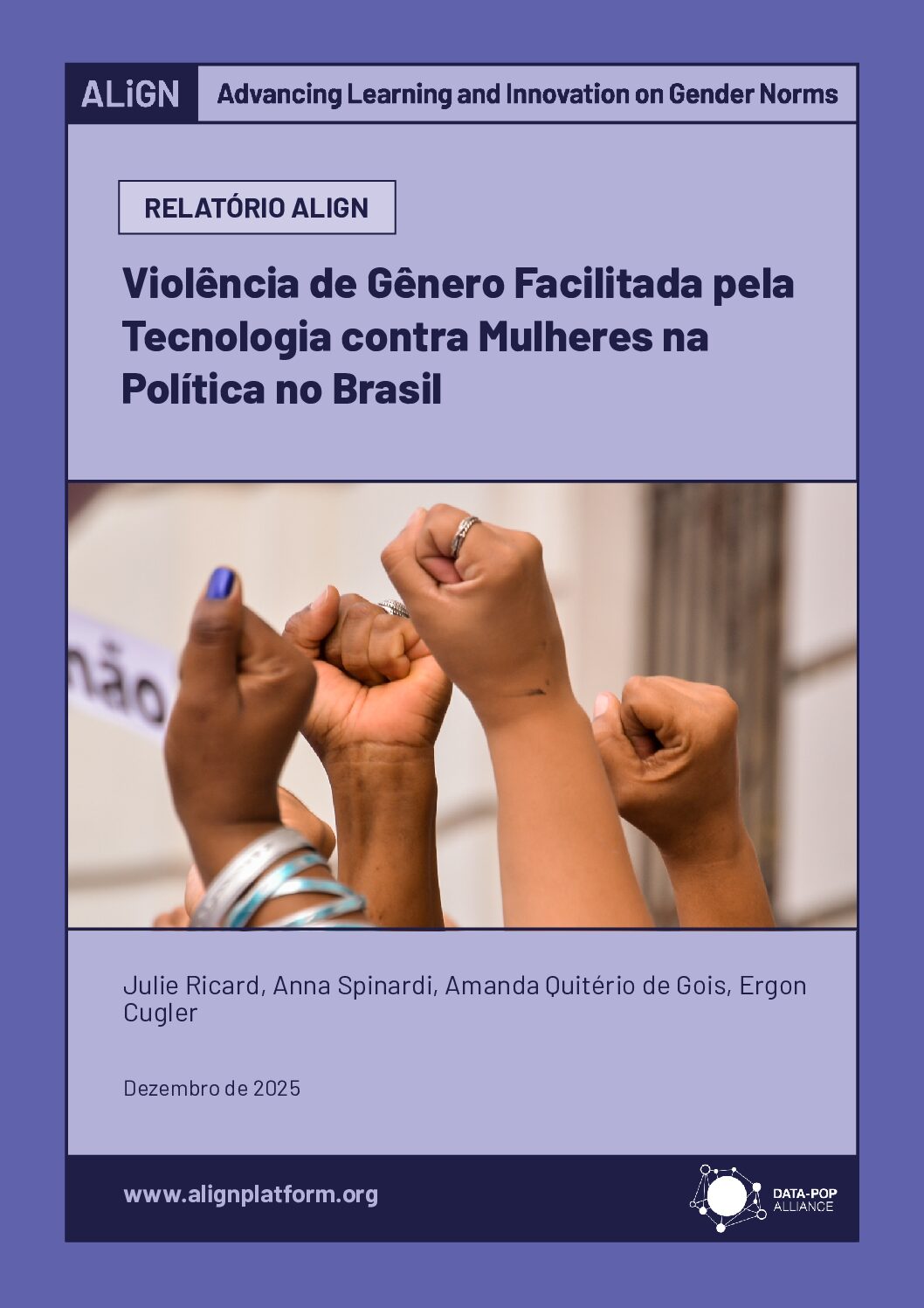
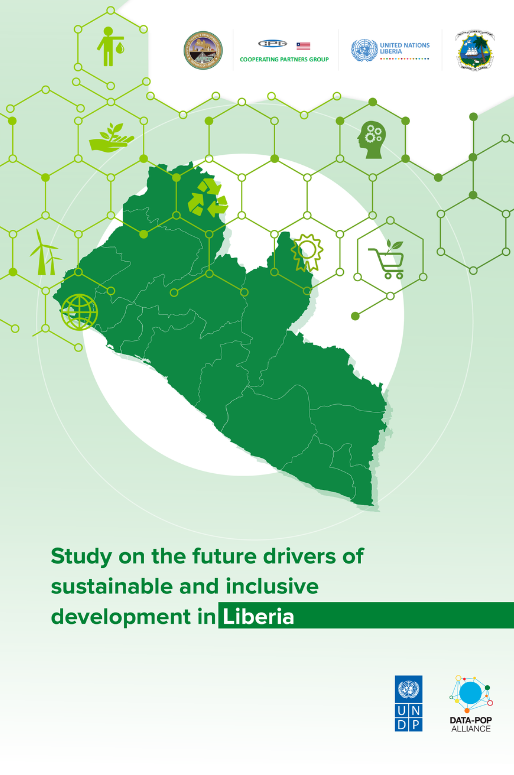

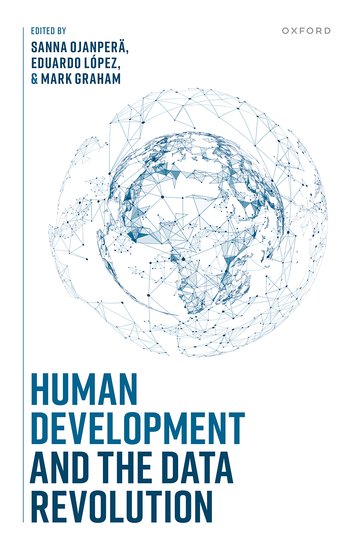
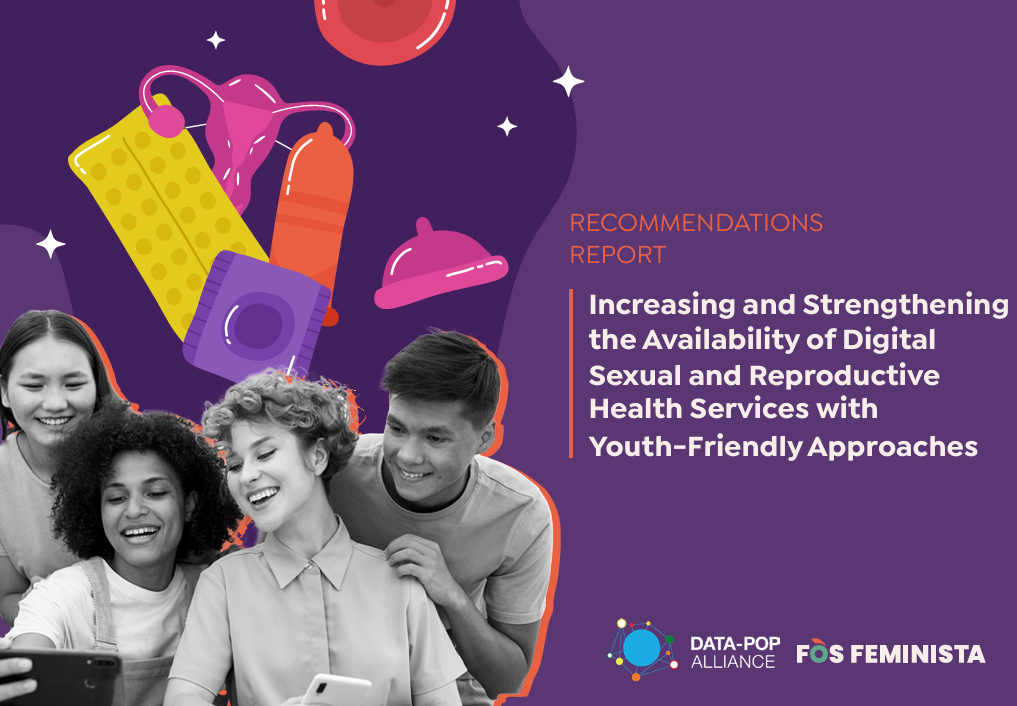
![[P124] cover Bangladesh_Report](https://datapopalliance.org/wp-content/uploads/2025/04/P124-cover-Bangladesh_Report.png)

![[WEB] Feature Blog Post](https://datapopalliance.org/wp-content/uploads/2025/02/WEB-Feature-Blog-Post-.png)
